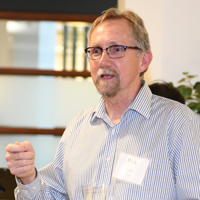What will I learn? Your Courses
The courses emphasize micro, mezzo and macro-level interventions that are informed by feminist, critical, structural and postcolonial theories. You'll learn advanced clinical practice skills in a variety of community settings that are defined by geography, membership or experience. Some community settings you'll study could include Indigenous, refugee, LGBTQ2+, disability and racialized communities, as well as post-disaster, and occupational and workplace communities.


